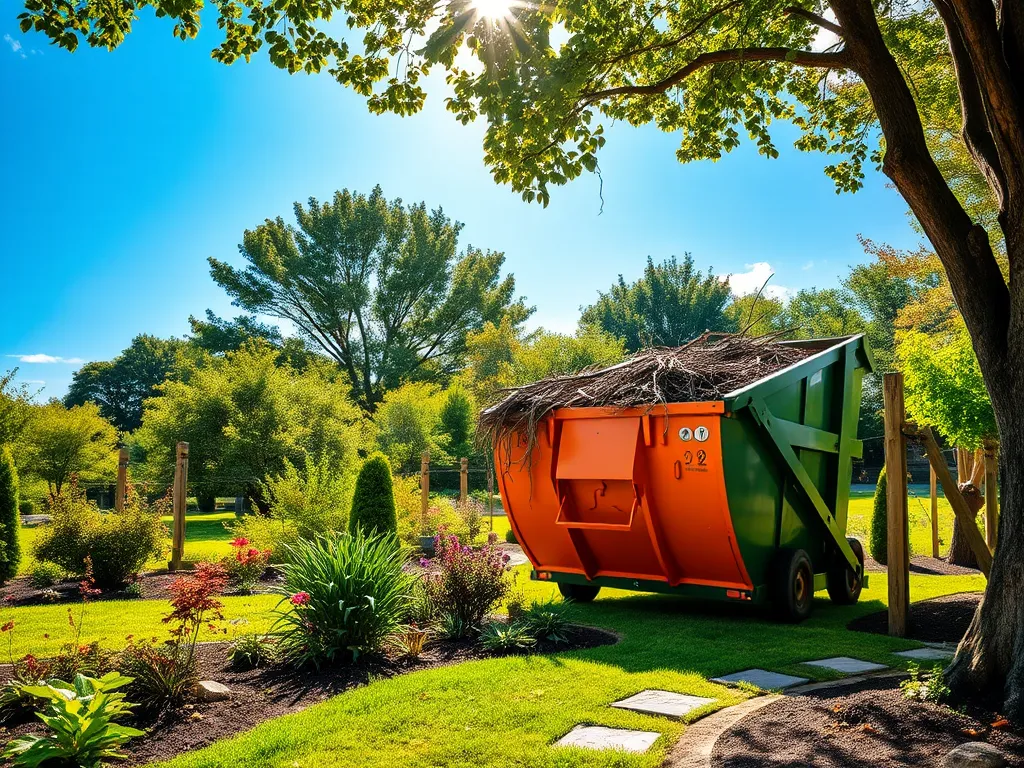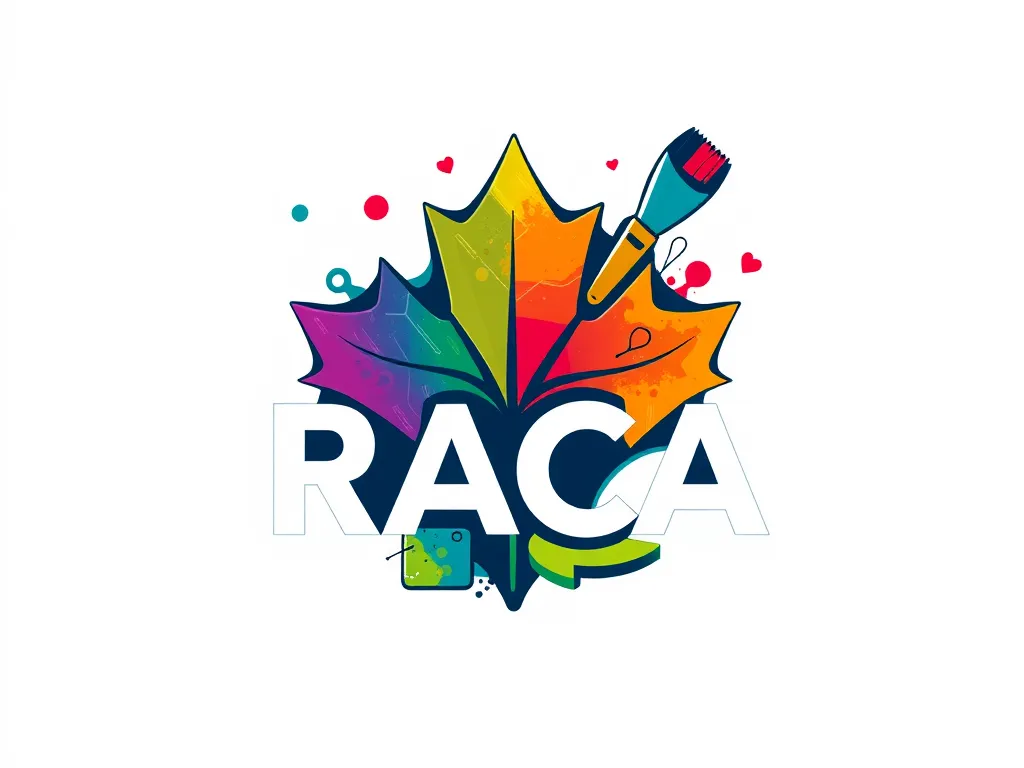Expert Guide on Dumpster Rental for Landscaping Projects

The Ultimate Guide to Dumpster Rental Landscaping
When it comes to landscaping projects, the process can often generate a significant amount of debris, such as branches, soil, and grass clippings. To effectively manage this waste, dumpster rental landscaping has emerged as a practical solution. This approach allows homeowners and landscapers to efficiently dispose of large amounts of waste, ensuring that the work area remains clean and organized. Ultimately, dumpster rental landscaping offers a convenient and eco-friendly method for handling waste generated during landscaping efforts.
Engaging in extensive landscaping projects can lead to piles of debris that are not only unsightly but can also impede progress. Dumpster rental landscaping provides an effective means to streamline the waste disposal process. By having a dedicated dumpster on-site, you can quickly and easily remove unwanted materials without the hassle of multiple trips to the dump. This approach saves time, reduces stress, and maximizes productivity, allowing you to focus on the creative aspects of your landscaping project.
Furthermore, dumpster rental landscaping caters to various project scopes, from small garden renovations to large-scale landscaping overhauls. Depending on the scale and type of project, different sizes of dumpsters can be secured, making it easy to find the right solution that fits your needs. The flexible nature of dumpster rentals ensures that no matter how big or small the job may be, the waste management aspect is covered efficiently.
In addition to convenience, dumpster rental landscaping also extends to environmentally responsible waste disposal practices. Many rental companies offer recycling options for organic materials, ensuring that landscaping waste does not contribute to landfill overflow. By opting for dumpster rental landscaping, you're not only keeping your workspace tidy but also doing your part in promoting sustainable practices in waste management.
Finally, understanding the logistics of dumpster rental landscaping is essential for successful project execution. By knowing when to schedule delivery and pickup, how to estimate the amount of waste you'll generate, and being aware of proper loading practices, you can ensure that your landscaping project runs smoothly from start to finish.
Benefits of Dumpster Rental for Landscaping
One of the most significant benefits of dumpster rental for landscaping is the ease of debris removal. Having a dumpster onsite eliminates the need for hauling waste in your personal vehicle or scheduling multiple trips to disposal sites. Everything from plant clippings to construction materials can be thrown directly into the dumpster, clearing your work area of any unwanted items.
Another advantage is the cost-effectiveness compared to traditional disposal services. Renting a dumpster typically provides a flat rate for a specific rental period, reducing the unpredictability of costs associated with multiple disposal trips. This set pricing allows for better budget management, making dumpster rental landscaping projects more financially viable.
If you're planning a home renovation, check out The Complete Guide to Dumpster Rental in Detroit: What You Need to Know for essential tips and insights.
Additionally, dumpster rental landscaping promotes efficient project timelines. With waste disposal streamlined, it allows crews to work without interruptions, keeping the flow of the project intact. This efficiency can lead to quicker project completion times, ensuring that your landscaping job is finished on schedule.
Moreover, dumpster rental services often come with various options for recycling waste, positively influencing the environmental impact. Many landscaping companies are committed to minimizing their ecological footprint, making it crucial to partner with dumpster rental services that prioritize recycling and sustainable disposal methods.
Choosing the Right Dumpster Size for Landscaping Jobs
Choosing the right dumpster size for your landscaping job is essential for efficient waste disposal. Understanding dumpster sizes and capacities can help you avoid overpaying for unused space or facing overages when the dumpster fills up too quickly.
Matching your dumpster size to your project needs is key. Smaller projects, such as garden cleanouts or minor renovations, may only require a 10 or 15-yard dumpster, while larger projects, like landscaping a backyard or extensive tree removal, could necessitate a 20 or 30-yard dumpster. Assess the scope of your project before making a decision.
Common sizes for landscaping projects usually range from 10 to 40 yards. Each size has its specific use—10-yard dumpsters are great for small jobs like mulch delivery, while 30-yard dumpsters are often ideal for larger landscaping renovations, including extensive yard waste.
Estimating debris volume can seem challenging, but it’s essential. Consider the types of materials you’ll be disposing of and how densely they can be packed in the dumpster. Providing an estimate to your rental company will help you secure the best size for your project, avoiding extra costs or wasted space.
Best Practices for Using Dumpsters in Landscaping
Loading a dumpster efficiently involves best practices such as breaking down large items or materials to create more space. Start by placing the heaviest debris at the bottom and layering lighter materials on top. This technique maximizes your dumpster’s capacity, reducing the need for additional rentals.
Safety tips when using a dumpster include wearing gloves and sturdy footwear while loading debris to avoid cuts or injuries. Additionally, never overload the dumpster, as it can make transportation hazardous and violate local regulations.
Avoiding common mistakes ensures that your project goes smoothly. For instance, misplacing the dumpster on your property can hinder access for waste removal. It's also important to avoid mixing non-recyclable materials with biodegradable waste to maintain proper waste segregation.
Scheduling dumpster pickup effectively helps in managing your project timeline. Coordinate with the rental company to ensure that the dumpster is picked up once it’s full or once your project timeline dictates. This prevents delays or clutter on your property that could hinder your landscaping progress.
Environmental Considerations in Dumpster Rental for Landscaping
Recycling landscaping waste is an essential component of environmentally friendly practices. Many dumpster rental companies offer services to separate organic waste, allowing it to be composted or recycled rather than sent to landfills.
Proper disposal of hazardous materials should never be overlooked. Be aware of what constitutes hazardous waste—such as chemicals, pesticides, and treated wood—and ensure that you follow local regulations for their disposal separately from standard landscaping debris, as these can have severe environmental impacts.
Using eco-friendly dumpster services can significantly affect your project's sustainability. Opt for companies that utilize recycling programs and sustainable waste management practices to reduce your overall environmental footprint.
The impact of landscaping debris on the environment can be considerable if not managed correctly. Proper disposal and recycling of landscaping waste can help mitigate the adverse effects of waste accumulation and promote healthier local ecosystems.
Cost Factors in Dumpster Rental for Landscaping
Understanding the pricing structure of dumpster rental for landscaping will help you plan your budget effectively. Costs typically include the type and size of the dumpster, any applicable delivery and pickup fees, and disposal fees associated with the waste type.
Factors that influence dumpster rental rates can vary by location and rental company. Consider the demand for dumpster services in your area, the distance of the landfill, and specific charges for particular materials which tend to raise the overall cost.
To get the best value for your landscaping project, shop around for competitive rates and assess the services offered by different rental companies. Look for customer reviews and ask about any potential hidden fees to ensure transparency in pricing.
Lastly, long-term savings can be achieved with proper waste management. Investing in a dumpster rental upfront can save you from unexpected costs associated with multiple trips to disposal sites, creating a more efficient budgeting process for your landscaping projects.
